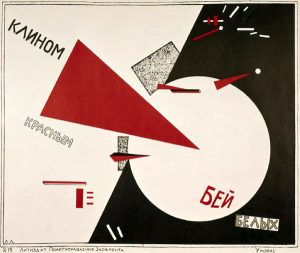 “Over the past twenty years theorizing about the intellectual commons has undeniably become a popular activity not only among scholars that deal with the dialectics between information/communication technologies and society but also among the wider scientific community. Yet, the discourse over intellectual commons and their contested relationship with contemporary laws and institutions has not been confined only within the academia but has rather become a more general social issue. Social democratic and critical theories of the intellectual commons are re-conceptualizations of the social intellect as the productive force of our intellectual commonwealth.
“Over the past twenty years theorizing about the intellectual commons has undeniably become a popular activity not only among scholars that deal with the dialectics between information/communication technologies and society but also among the wider scientific community. Yet, the discourse over intellectual commons and their contested relationship with contemporary laws and institutions has not been confined only within the academia but has rather become a more general social issue. Social democratic and critical theories of the intellectual commons are re-conceptualizations of the social intellect as the productive force of our intellectual commonwealth.
As emerging theoretical paradigms, they eventually come in contrast with the dominant notions of the social intellect, which basically advocate the establishment of private monopolies over intellectual works. By deciphering contemporary shifts and dynamics in the ways we produce and distribute information, knowledge and culture, such theories are thus better placed to inspire and orientate social movements, recast agendas of policy – making and construct alternative narratives to existing socio-legal arrangements, which are capable of accommodating the potential of the intellectual commons.”
The full article is available here.
—
Source of this article: https://blog.p2pfoundation.net


